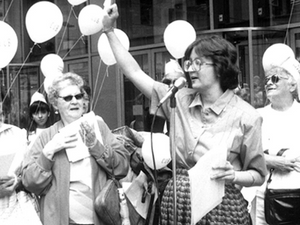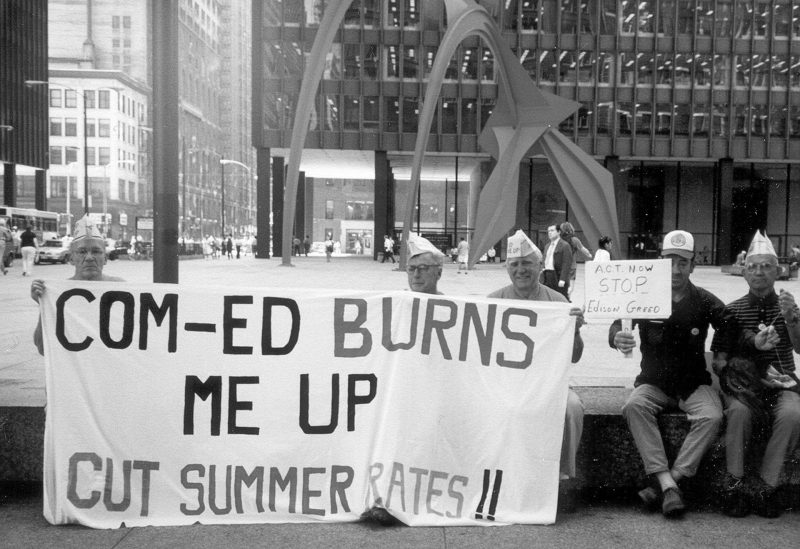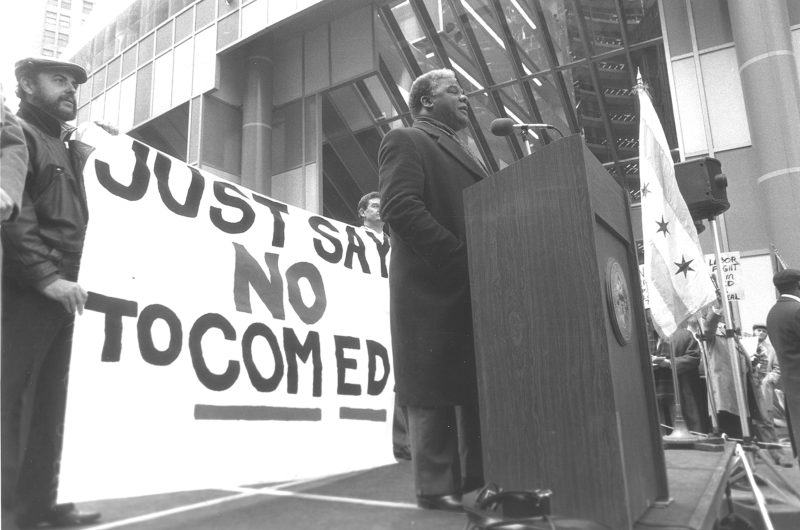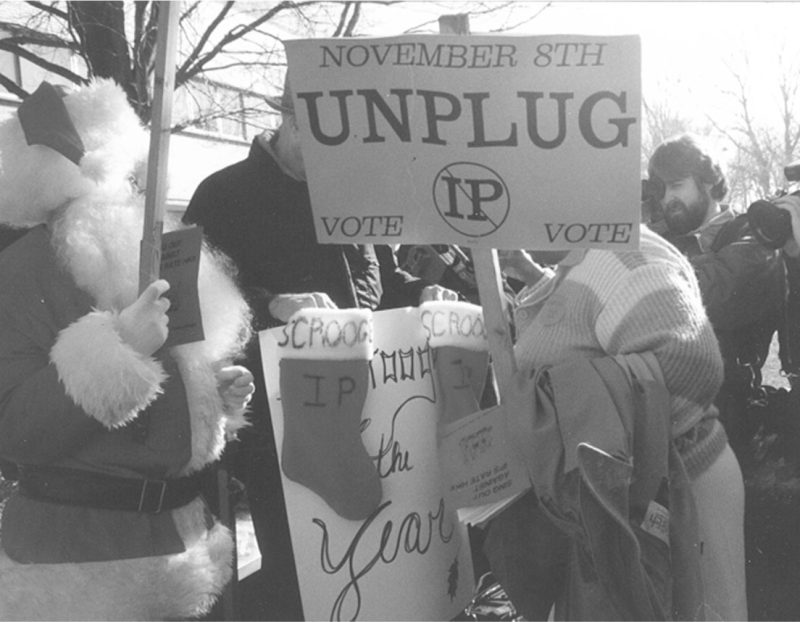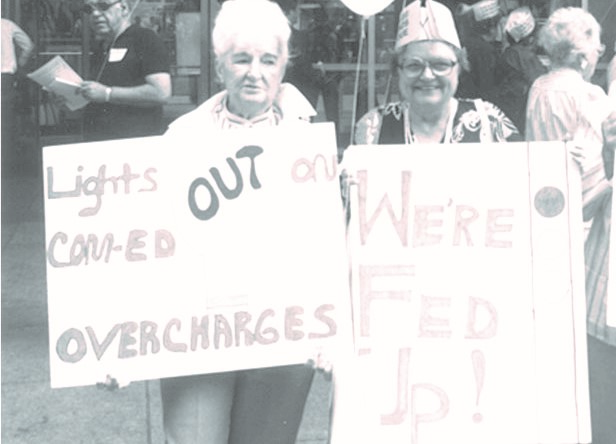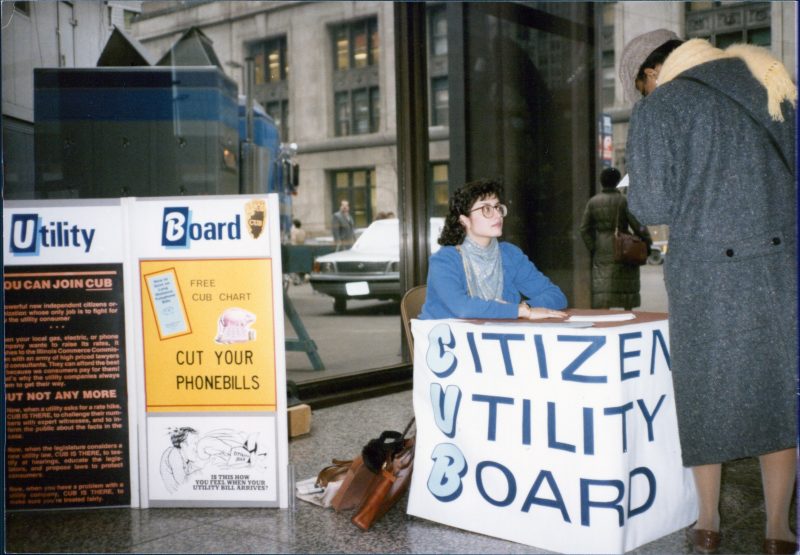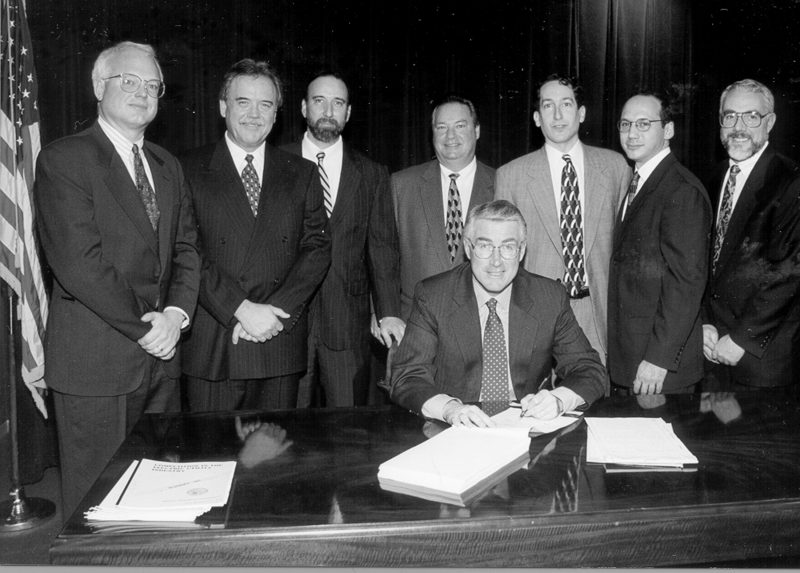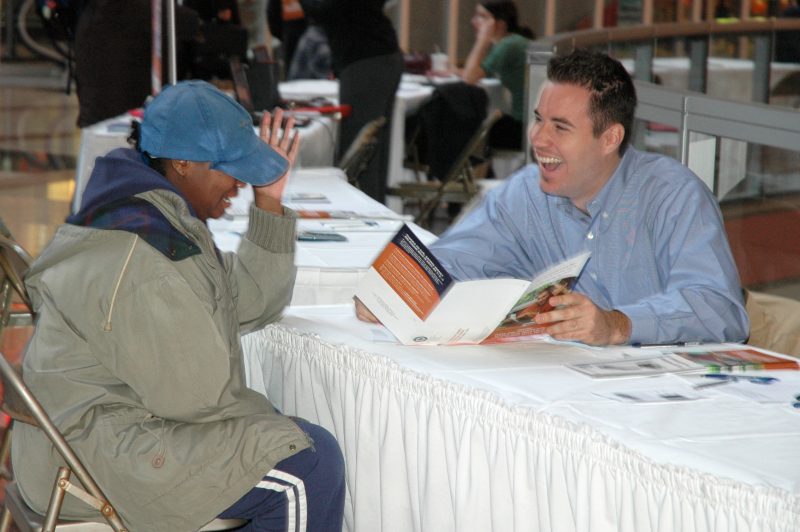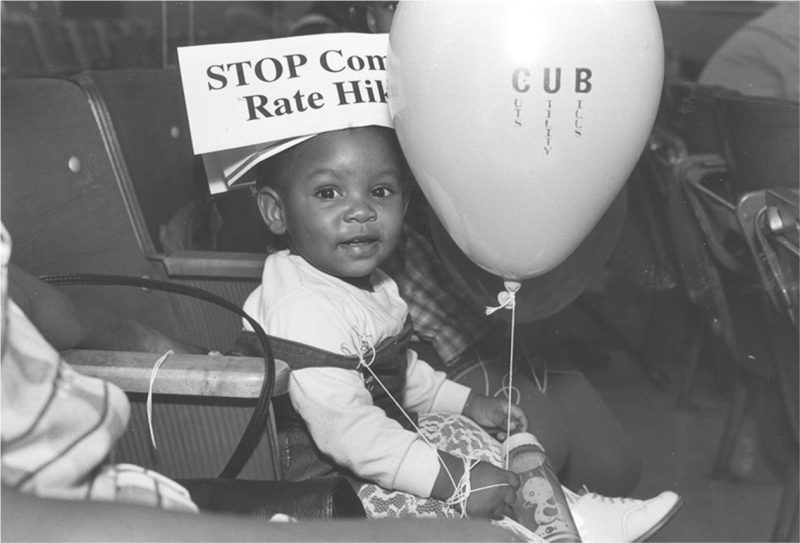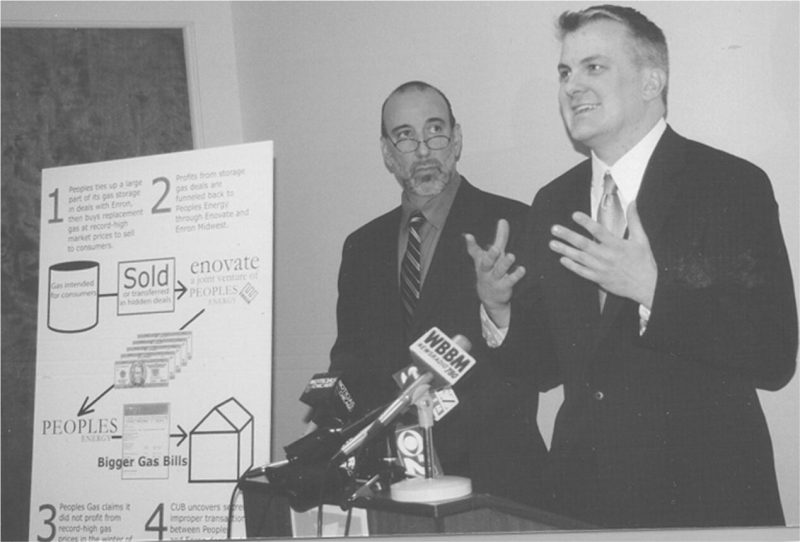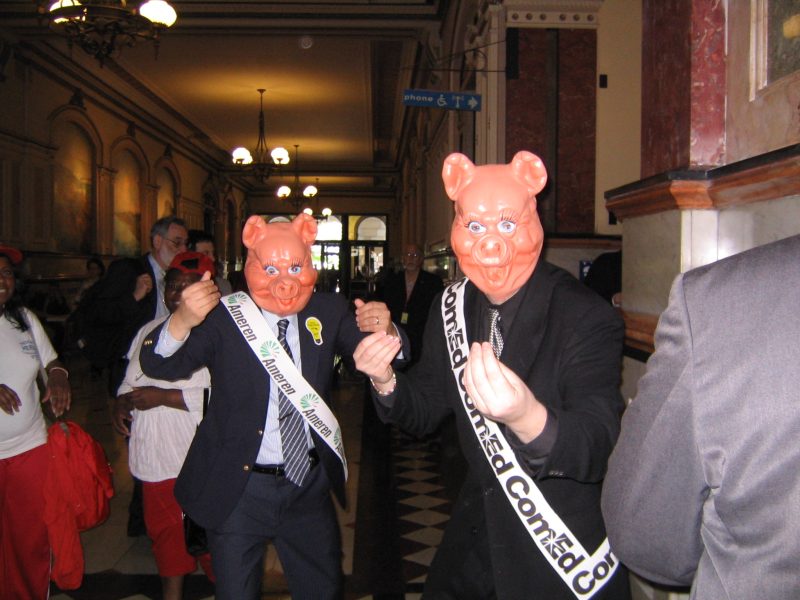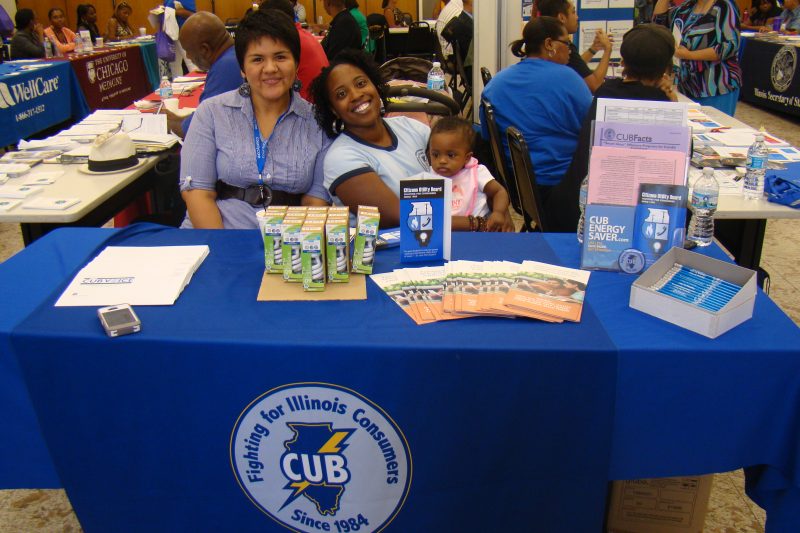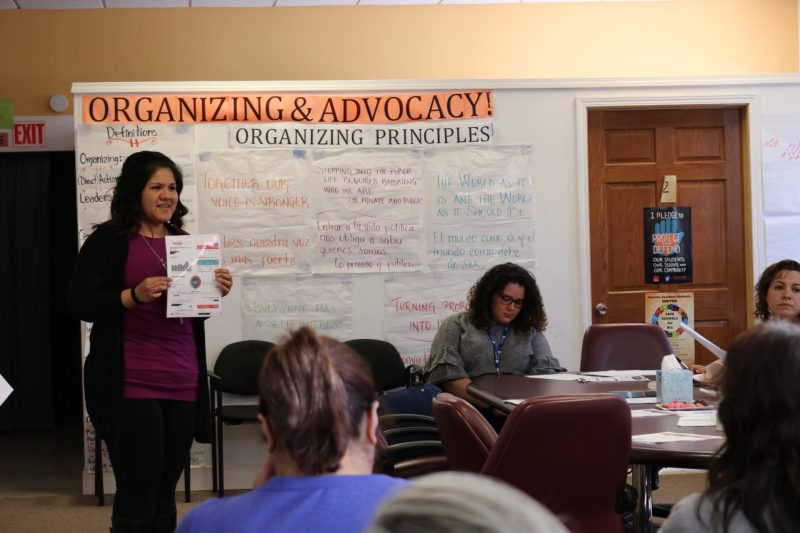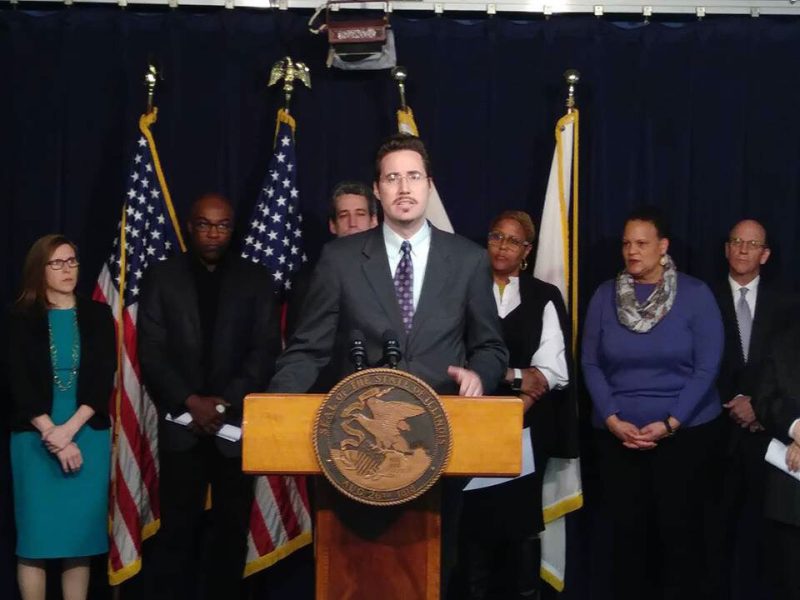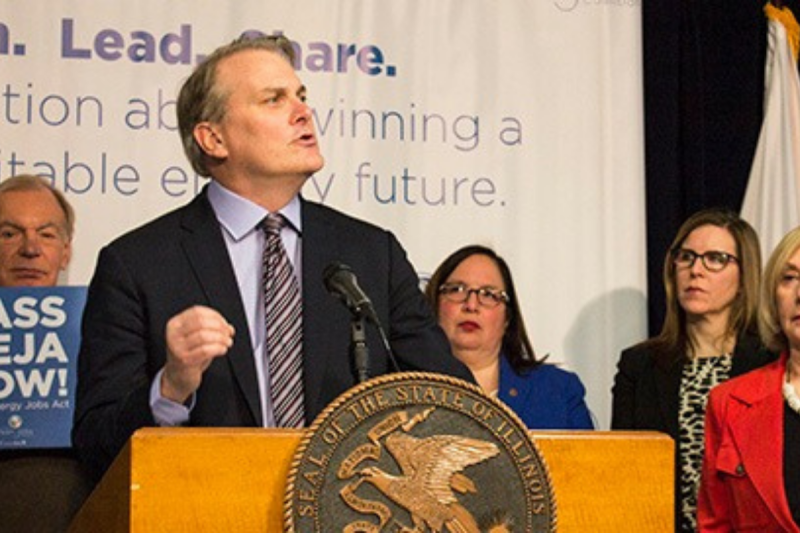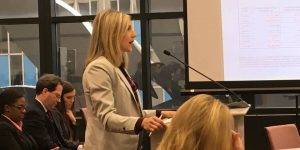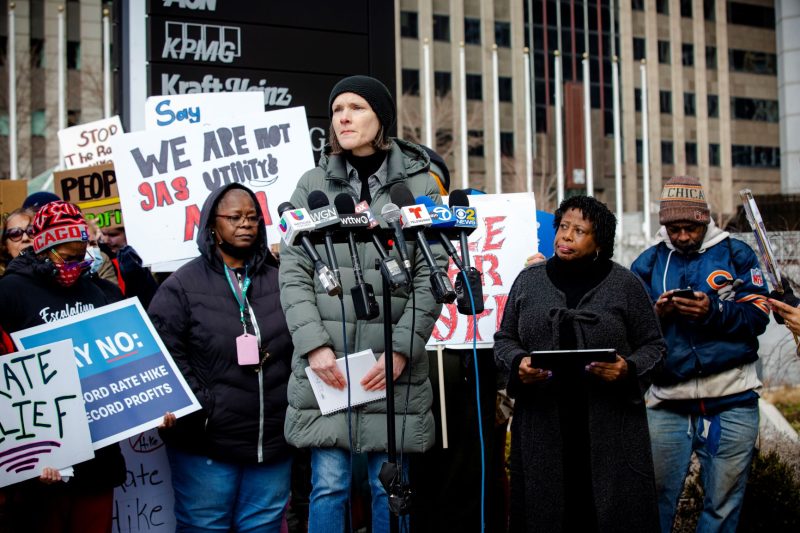Mission
Accomplishments
Since CUB opened its doors, the watchdog has saved Illinois consumers more than $20 billion by fighting proposed electricity, natural gas and telephone rate hikes. For every dollar CUB has raised during that time, it has yielded roughly $300 in savings—a dramatic return on investment that represents one more reason why the St. Louis Post-Dispatch praised CUB as the “gold standard” of consumer advocates. (Watch the Power of CUB, a special celebration of our history, our mission and our supporters.) Below are the free services we provide:
- CUB’s Consumer Advocacy Team staffs a toll-free Consumer Hotline, 1-800-669-5556, for Illinois consumers who have questions, concerns or complaints about utility service or rates and are getting nowhere with their utility companies.
- CUB’s Outreach Team staffs hundreds of free events a year, running statewide campaigns to educate people on how to reduce their utility bills, covering such topics as energy efficiency, solar power, cable bills, water privatization and clean energy legislation.
- CUB’s Legal Team each year challenges multiple utility rate-hike requests before the Illinois Commerce Commission (ICC), often helping to save consumers millions of dollars.
- CUB’s Policy Team has worked for energy legislation that promotes affordable clean energy and consumer protections. We have helped pass landmark, pro-consumer legislation, including the Future Energy Jobs Act (2016) and the 2021 Climate & Equitable Jobs Act (CEJA), making Illinois a national leader in consumer-friendly climate legislation.
- CUB’s Communications Team maintains an online library of free fact sheets and guides on a wide range of utility-related issues—including a Gas and Electric guide, a solar guide, a “Better Heat” guide to help people lower their heating bills, a guide to cutting TV costs and a guide to help people protect their privacy online.
Funding
The Illinois General Assembly created the Citizens Utility Board in 1983 to represent the interests of residential and small-business utility customers throughout the Land of Lincoln. The legislature created CUB as a membership-based organization. An initial $100,000 loan of “seed money” provided by the state was repaid by CUB on time and with interest.
CUB has two arms:
- The Citizens Utility Board (CUB), was established as a 501(c)(4) organization. Because CUB works for legislation that benefits ratepayers, contributions to this arm are not tax deductible.
- CUB’s Consumer Education and Research Fund – or CUB CERF, was established as a 501 (c)(3) organization to help educate consumers on energy efficiency, clean energy and lowering utility bills. Contributions to this arm, including most digital donations, are tax-deductible.
CUB obtains its funding from:
- Grassroots donations: CUB is funded by Illinois consumers through donations of as little as $10 a year.
- Grants: CUB regularly applies for grants to continue its consumer education and clean energy work.
(Note: CUB also is permitted by state law to include membership inserts in mass mailings from state agencies. CUB pays for the printing of the inserts and for any additional costs incurred by the agencies when they mail the flyers. The content of the inserts must be approved by the Illinois Commerce Commission.)
CUB Membership
CUB memberships are based on the calendar year. Typically, CUB asks people to renew their membership for the following year in late November or early December–around the time of Giving Tuesday, the international day for supporting nonprofits. That means anyone who has given CUB a donation on or after Giving Tuesday is renewed for the new year.
CUB recommends a donation of $25 or more to best help us serve Illinois consumers. But there is no required amount–we appreciate whatever amount you can give.
Highlights from 40 Years of Fighting for Illinois Consumers

